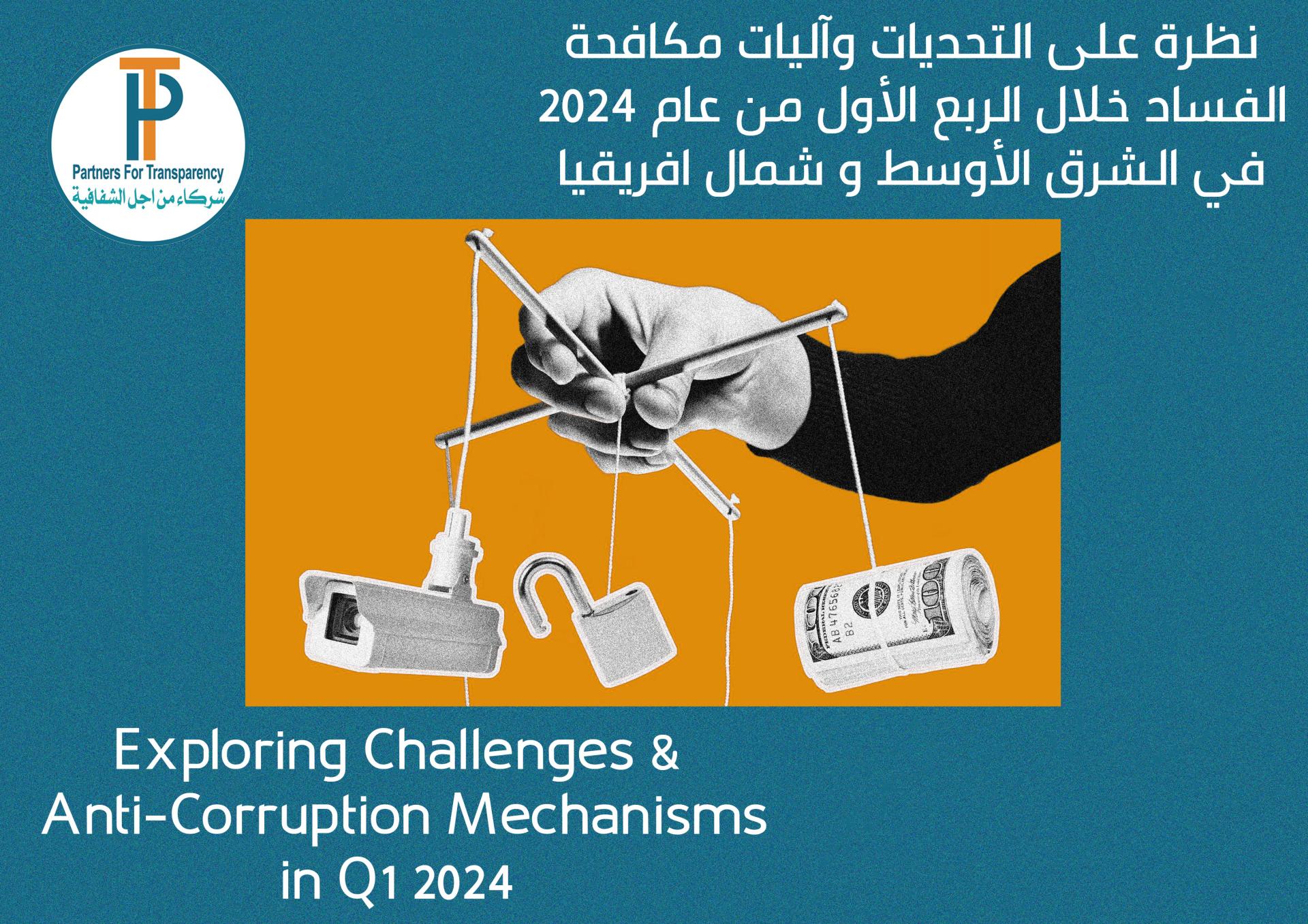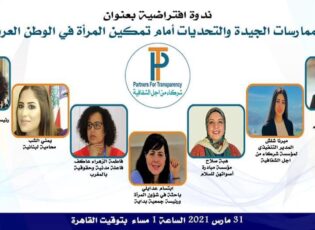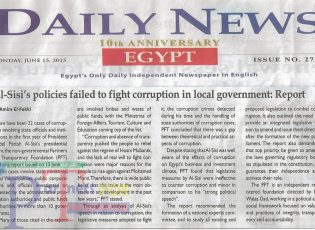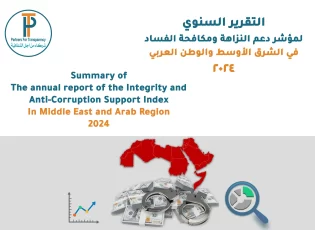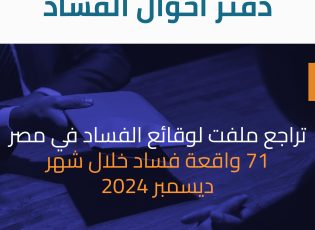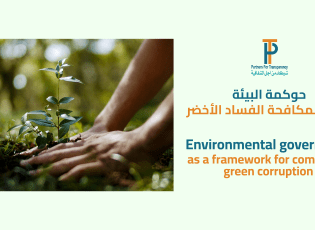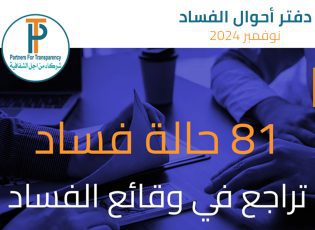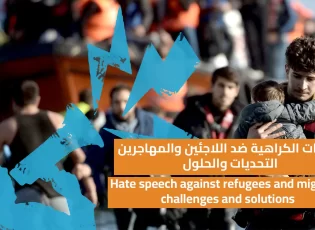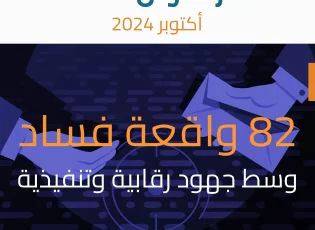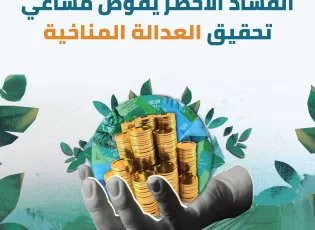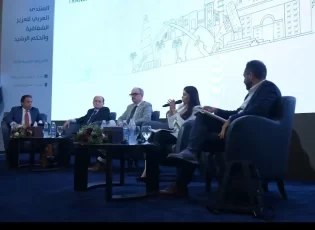Partners launch an observatory “Supporting Integrity and Combating Corruption in Middle East & North Africa Observatory”
Exploring Challenges & Anti-Corruption Mechanisms in Q1 2024
Within the framework of the work of the “Partners for Transparency” Foundation, and its interest in applying the values and practices of integrity, transparency, accountability, and anti-corruption, in order to achieve comprehensive human development, respect for human rights, and build a system of good governance, the Foundation launches Supporting Integrity and Combating Corruption in Middle East and North Africa Observatory, this is within the framework of helping various stakeholders to adopt anti-corruption practices that enhance transparency, integrity and accountability. This quarterly publication is part of the Observatory’s periodic publications.
The Integrity and Anti-Corruption Support Observatory study confirms that achieving sustainable development goals and promoting peace and security imposes on everyone the responsibility of combating corruption and promoting transparency through the joint cooperation of the state, citizens and civil society to confront this crime, which eats away at societies and exposes them to collapse, increases the risks of wars and conflicts, undermines democratic institutions, slows economic development, and contributes to governmental instability.
The issuance of the Observatory for Supporting Integrity and Anti-Corruption comes at a very important time, as we are only six years away from the scheduled date for achieving the 2030 Sustainable Development Goals, which were approved by the United Nations in 2015, but many countries, especially in the Middle East, are still far from achieving the Sustainable Development Goals. Most countries are still struggling to fulfill their obligations to achieve justice and human rights, while they lack the appropriate infrastructure to combat corruption and achieve integrity, which is reflected in the 2023 anti-corruption indicators, which confirms the importance of working to strengthen democracy and support the effective participation of Civil society and the media, in order to transform the fight against corruption into a practical approach and establish effective mechanisms to confront corruption in all sectors. Corruption cannot be fought except through an effective participatory process among all components of society that guarantees respect for human rights, in addition to working to bridge the wide gap between the state and the citizen. And enhance trust between them as partners in fighting corruption, strengthening the rule of law, and supporting government, transparency and integrity.
Partners for Transparency recommended that all Middle Eastern countries should develop national strategies to combat corruption while adhering to the United Nations Convention against Corruption. And Strengthen legislation to support integrity and combat corruption, ensuring it keeps pace with local and international developments to effectively address emerging violations.
“Partners” calls for the necessity of committing to issuing freedom of information laws in the countries of the Middle East and North Africa, to enhance transparency and integrity, and to increase the awareness-raising and educational role of all state agencies, the media and civil society organizations, regarding the mechanisms of citizen participation in the fight against corruption and its role in promoting integrity.
“Partners” believes that one of the priorities in combating corruption is the necessity of uniting international and regional efforts to stop wars, conflicts and foreign interventions in the countries of the Middle East, as a first step in combating corruption, as well as interest in exchanging experiences between the countries of the Middle East and North Africa, and benefiting from the experiences of countries that have achieved progress in anti-Corruption.
Short link: https://pfort.org/en/?p=5351

